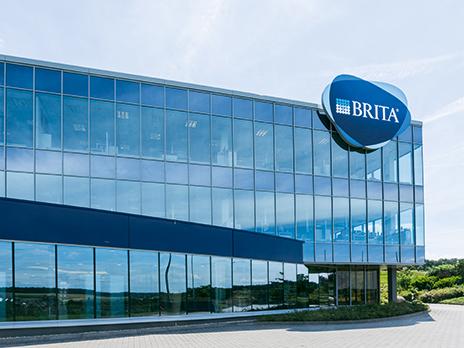Why should hospitality businesses seek to become more environmentally friendly?
Hospitality businesses play a vital role in the communities they serve. They’re social epicentres – especially now things have opened up in the UK. So, when environmentalism plays a key role in a hospitality business, it plays a role in the community too.
We’re all being exposed to new things via visits to our favourite cafe, pub or restaurant. In the early days, it was paper straws instead of plastic, now there’s a big focus on vegetarianism and veganism to help stem climate change, and zero waste restaurants and cafes are on the rise. When whole communities see that it works, and enjoy it, there’s a good chance they’ll start to emulate it. From a business perspective, there’s a growing customer-base that actively seeks out hospitality that is sustainably led, so there are commercial advantages too.





